Natrah Islamil – Aljazeera
In this article, Malasyan MP Natrah Islamil reflects on the lack of protection refugees face amid this coronavirus crisis, focusing specially on Asia and the Rohingya minority. This situation arises from their lack of a legal status, and the economic difficulties they have, which prevents them, on many cases, from accessing to the regular healthcare system.
The COVID-19 pandemic is affecting the lives of billions of people across the world.
Globally, measures to stop its spread have been drastic: businesses have shuttered, strict travel restrictions have been imposed, social distancing measures have been taken, and public and private hygiene have been encouraged. People have been advised to stock up on supplies and start working from home, where possible.
For many people, including the hundreds of thousands of refugees in Southeast Asia, it is simply not possible to follow these recommendations and measures.
The hope is that these measures will slow the spread of COVID-19, saving thousands, potentially millions, of lives. Yet for many people, including the hundreds of thousands of refugees in Southeast Asia, it is simply not possible to follow these recommendations and measures.
They rest on several basic assumptions: That people are able to work from home, have adequate shelter, and access to clean water, food, sanitation, information and health services. But how do you self-isolate if you are living in a densely-packed refugee camp or reception centre? How do you wash your hands regularly if you do not have water? How do you access healthcare if you live in constant fear of being arrested because of your legal status?
Following a large-scale religious event at a mosque in Kuala Lumpur in late February and early March, which caused hundreds of new infections in the region, the Malaysian police initially struggled to locate many Rohingya refugees who attended. Malaysia, which has almost 200,000 refugees, is not a signatory to the UN Refugee Convention, and views refugees as residing illegally in the country. It is therefore not surprising that some of the Rohingya who attended the mosque gathering failed to present themselves for testing out of fear of being arrested.
On March 22, Malaysia’s defence minister announced that the refugees who attended the event should not worry about being detained, but the fear they felt is indicative of the difficulties facing thousands of other refugees across the region. Furthermore, there is no guarantee that refugees will be able to access health services for needs that are not COVID-19 related.
A common situation across Asia
There are similar issues in Thailand, which has also not ratified the refugee convention. The country is currently home to approximately 100,000 refugees, who have no access to legal rights, health care or employment.
So far, we have failed to protect refugees in our region. They are particularly vulnerable to discrimination and stigma, especially if they are undocumented.
Refugees who manage to find work in the informal sector are relying on daily wages, but in recent weeks, most have lost this crucial income as a result of businesses shutting down. This makes their access to food, water and other necessities increasingly difficult.
Although the Thai government announced a stimulus package for those working in the informal sector, the 5,000 baht (around $154) per month that will be issued between April and June is only available to those with a Thai identity card, neglecting the needs of refugees and asylum seekers.
Meanwhile, panic is gripping the world’s largest refugee camp in southern Bangladesh, where about one million Rohingya refugees from Myanmar are living under a state-imposed internet blackout in densely-packed and squalid conditions. Social distancing and maintaining proper hygiene are nearly impossible when up to a dozen people share a single small shelter, while there are limited water and sanitary supplies. Access to health services and information are also severely curtailed, and any outbreak in the camps will surely have a devastating impact.
So far, we have failed to protect refugees in our region. They are particularly vulnerable to discrimination and stigma, especially if they are undocumented. Moreover, refugee women and girls face gender-specific challenges that require reproductive health care and mental health support, as they are at an increased risk of domestic and gender-based violence.
A need to protect all refugees
The higher cost of health services for refugees due to the lack of health insurance can also prevent them from obtaining essential care. It is crucial that all refugees are granted access to affordable healthcare and that their needs are seriously considered in all countries’ responses to the COVID-19 pandemic.
We must protect everybody in this crisis. This is not only a moral imperative but a logical one. The rapid spread of COVID-19 – there are now more than 2.5 million cases in at least 200 countries – highlights how it can only be controlled through an inclusive approach that protects everyone’s right to health.
Since the outbreak began, much fear and discrimination have been stoked, but it is now more important than ever that communities come together and focus on one goal: defeating this disease and protecting human lives, regardless of their legal status.
Access to healthcare and testing, information, adequate shelter, food, water and sanitation are crucial, and the necessary steps must be made to guarantee these for all. Health is a human right. We have to be proactive and ensure that everyone enjoys this right today and in the future.
Natrah Ismail is a Malaysian Member of Parliament (MP), and member of ASEAN Parliamentarians for Human Rights (APHR).
Source: Aljazeera

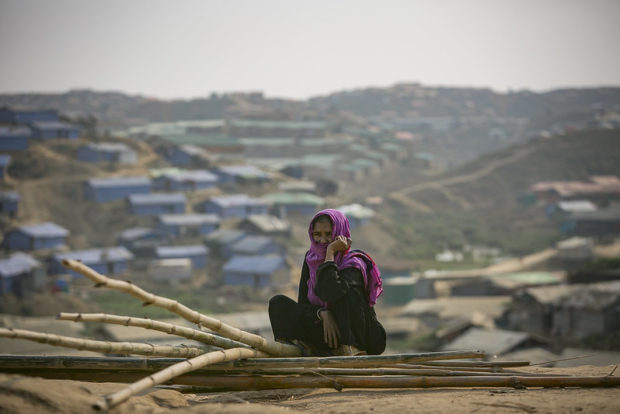
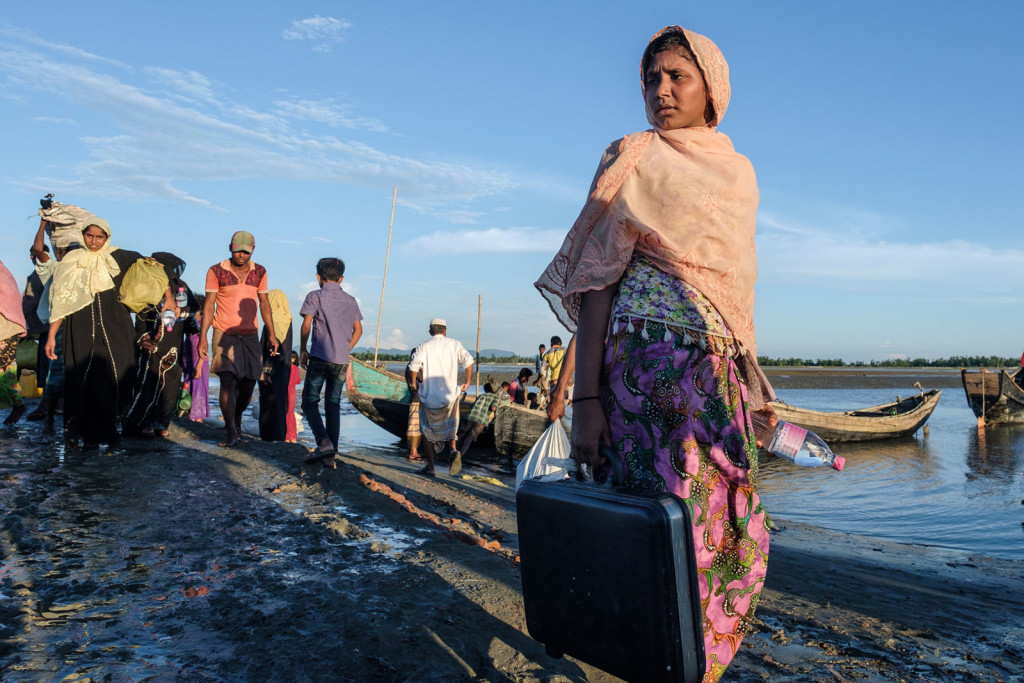
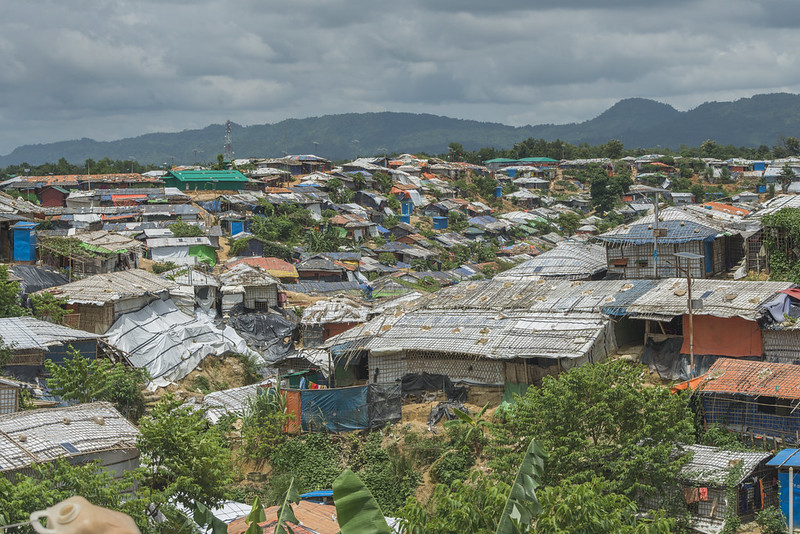
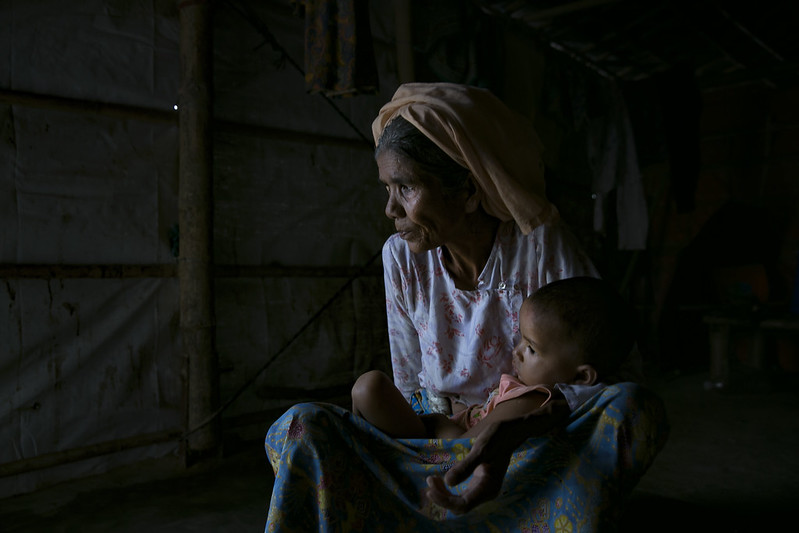

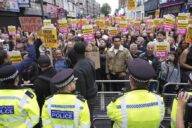

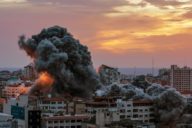









No Comments